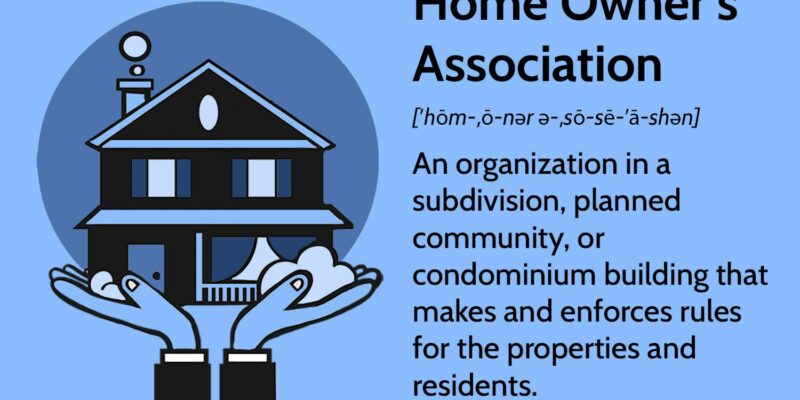
A homeowner’s association (HOA) is a nonprofit organization that manages and maintains common areas of housing development, such as pools, parks, and streets. HOAs also enforce community rules and regulations, such as those governing noise levels, parking, and yard maintenance.
HOAs are common in planned communities, condominiums, and townhomes. They can be voluntary or mandatory, depending on the development. In mandatory HOAs, all homeowners are required to be members and pay dues. In voluntary HOAs, homeowners can choose whether or not to join.
HOAs have a number of benefits for homeowners. They can help to maintain the value of homes in a development, provide a sense of community, and offer amenities and services that would not be possible without an HOA. However, HOAs can also be expensive and have strict rules that some homeowners find burdensome.
Here is a more detailed look at the pros and cons of HOAs:
Pros of HOAs
- Increased property values: HOAs can help to increase the value of homes in a development by providing a sense of community, maintaining common areas, and enforcing rules and regulations.
- Sense of community: HOAs can help to create a sense of community among homeowners by organizing events and activities, providing a forum for communication, and resolving disputes.
- Amenities and services: HOAs can offer a variety of amenities and services to homeowners, such as pools, parks, playgrounds, security, and trash removal.
Cons of HOAs
- Expensive: HOA dues can be expensive, especially in large developments with a lot of amenities.
- Strict rules: HOAs often have strict rules governing everything from noise levels to yard maintenance. These rules can be burdensome for some homeowners.
- Lack of transparency: Some HOAs are not transparent about their finances or decision-making process. This can make it difficult for homeowners to hold their HOA accountable.
If you are considering buying a home in an HOA, it is important to carefully research the HOA’s rules and regulations, financial situation, and history of decision-making. You should also talk to other homeowners in the development to get their feedback on the HOA.
Here are some tips for dealing with an HOA:
- Be prepared to pay dues: HOA dues are usually assessed monthly or annually. The amount of dues will vary depending on the size and amenities of the development.
- Follow the rules: HOA rules are in place for a reason. They are designed to protect the value of homes in the development and to create a harmonious community.
- Get involved: If you are unhappy with the way your HOA is run, get involved. Attend HOA meetings, volunteer for committees, and run for office.
- Be a good neighbor: Be respectful of your neighbors and their property. Follow the rules and be mindful of noise levels and other disturbances.
HOAs can be a great way to maintain the value of your home, enjoy a sense of community, and take advantage of amenities and services. However, it is important to carefully consider the pros and cons of HOAs before buying a home in a development with an HOA.
